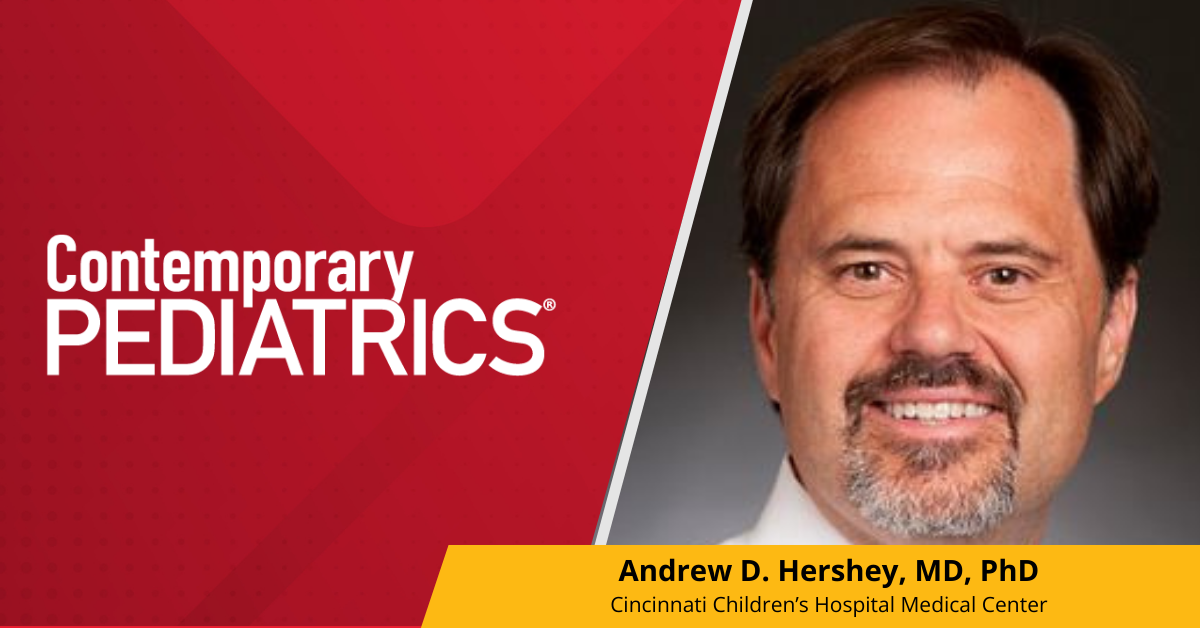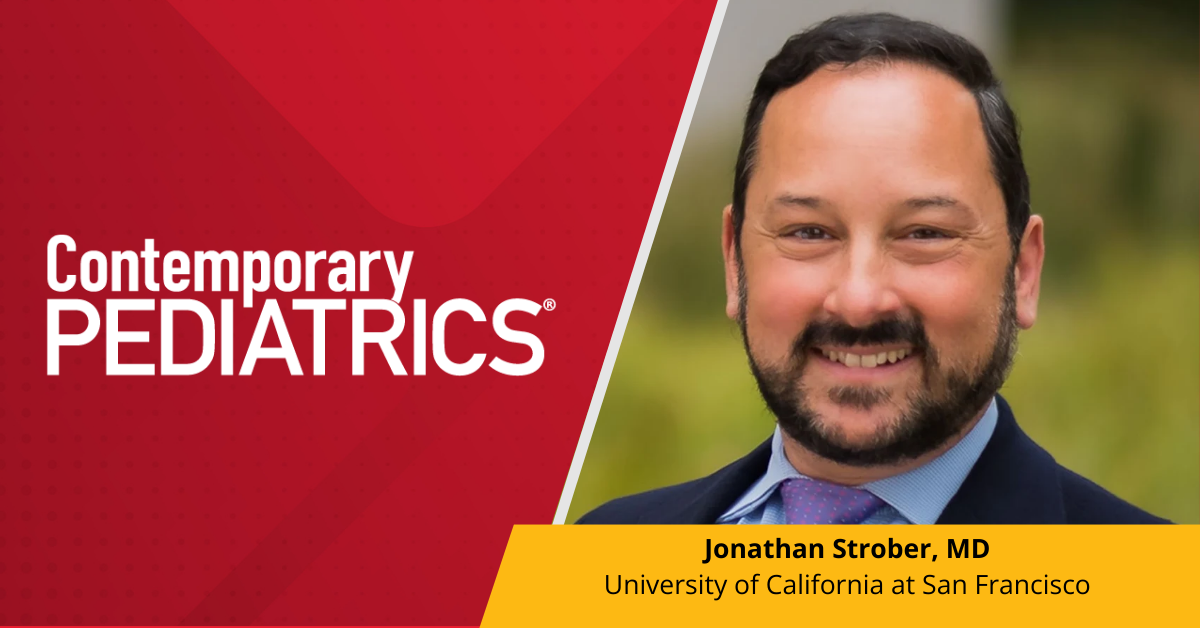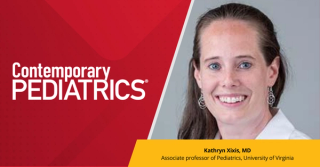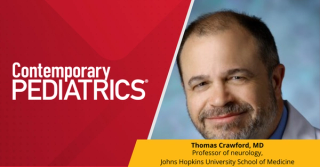
Neurology
Latest News
Latest Videos
Shorts
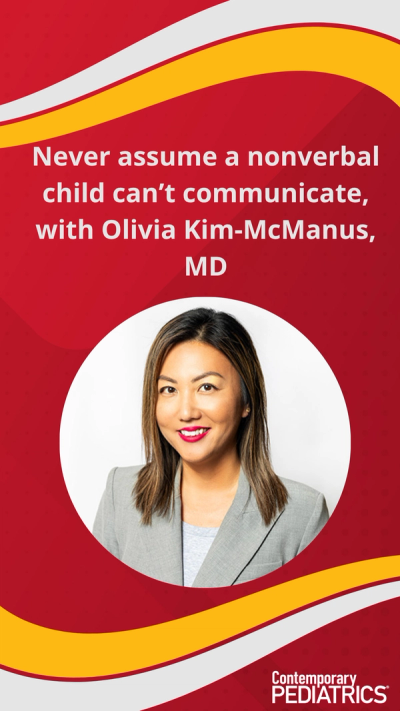

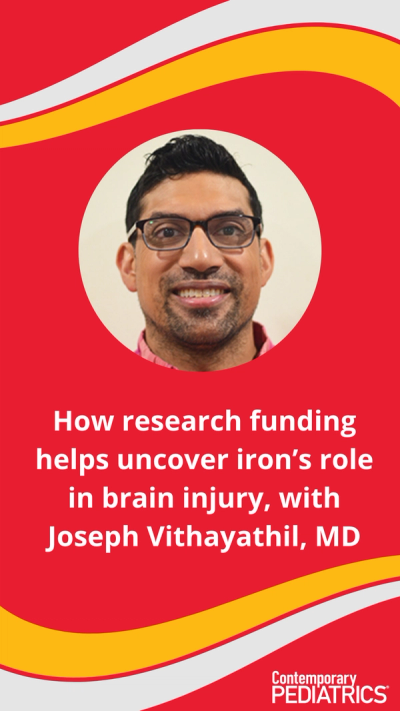

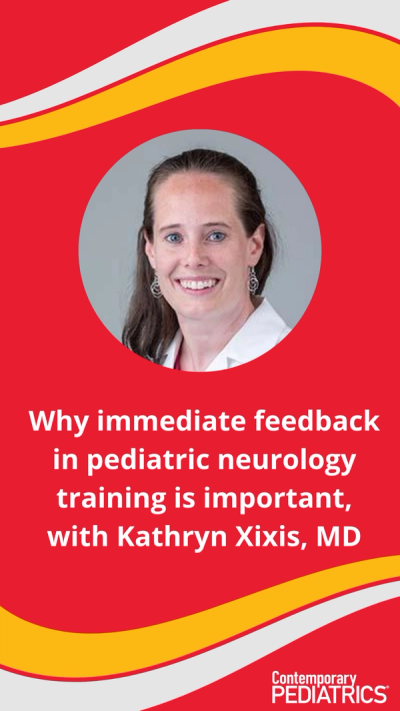
Podcasts
CME Content
More News

FDA approves Itvisma for patients 2 years and older with SMA, making it the first FDA-approved gene replacement therapy for this population.

The clearnace was granted to the Ceribell System for electrographic seizure detection in newborns pre-term and older.

FDA adds boxed warning to Elevidys and limits use to ambulatory DMD patients ≥4 years after reports of fatal acute liver failure in non-ambulatory patients.
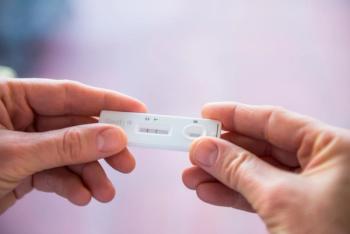
New research shows an increase in neurodevelopmental disorder risk among children exposed to maternal COVID-19 infection in utero.

The BeeLine trial is a placebo-controlled study designed to evaluate radiprodil’s impact on both seizure frequency and non-seizure symptoms associated with GRIN-NDD.

The FDA announces significant updates on acetaminophen risks in pregnancy and approves leucovorin calcium for treating CFD in children.

Zilganersen met the primary endpoint of gait stabilization, showing statistically significant benefit on gait speed and favorable safety.
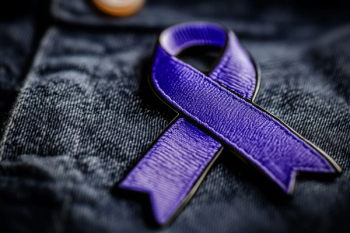
According to new, real-world data for trofinetide, caregivers reported quality-of-life, alertness, and interaction improvements at 12 months of treatment.

Ji-Hyun Lee reports that short surgical exposure to sevoflurane did not affect IQ, behavior, or language outcomes in infants and toddlers.

Results suggest that a single, brief exposure to general anesthesia for surgery is unlikely to impair short-term neurodevelopment in young children.

If approved, vatiquinone would have been the first therapy approved for pediatric patients with FA.

Additionally, long sleep duration could be associated with increased odds of being reliably symptomatic at 4 weeks.

The patient described the headache as “pressure-like,” episodes that occurred for 1 to 2 hours with high severity.
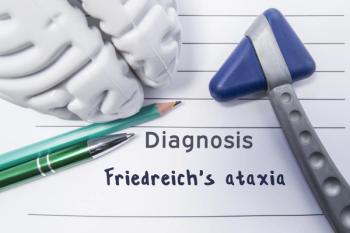
Currently, omaveloxolone (Skyclarys) is approved to treat adults and adolescents aged 16 years and older impacted by FA.

In this article, we recap our top stories, expert interviews, and Q+A discussions from the 2025 Pediatric Academic Societies meeting.

New data from national survey highlights disparities and need for focused prevention strategies.
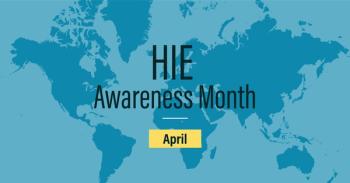
In addition, data presented at PAS revealed a predictable pharmacokinetic profile in the newborn population, consistent with adult humans.
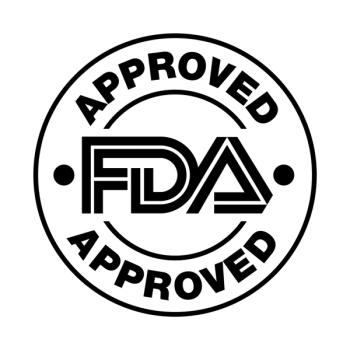
Diazepam nasal spray (Valtoco) is approved for short-term treatment of seizure clusters, now in patients aged 2 years and older.

In the immediate skin-to-skin contact group, improved breastfeeding practices up to 12 months were observed.

Infants born moderately preterm had lower composite cognitive scores compared to those born at full-term s (β = −0.39; 95% CI, −0.55 to −0.22; P < .001).

If approved, the expanded indication would include children and adolescents aged 6 to 17 years who weigh 99 lbs (45 kg) or more.

Submission is based on 3 clinical trials, including data from the ApproaCH Trial among children with achondroplasia.

Diazoxide choline has been granted breakthrough, fast track, and orphan drug designations in the United States.

The PANDAS/PANS questionnaire is based on symptoms and comorbidities described in the literature and is a self-report completed by parents of children younger than 18.
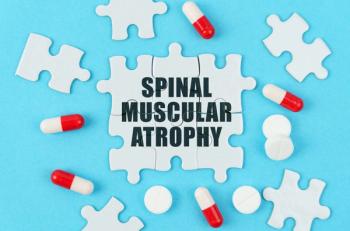
Results were from the phase 3 STEER study among a broad population of patients with SMA aged 2 to under 18 years.

